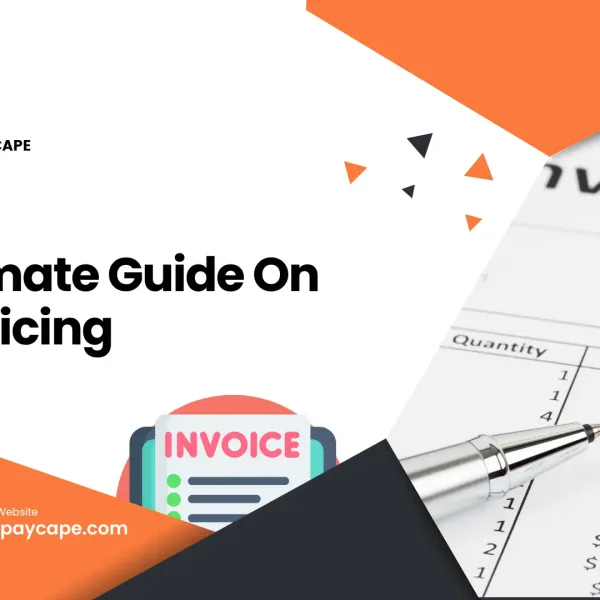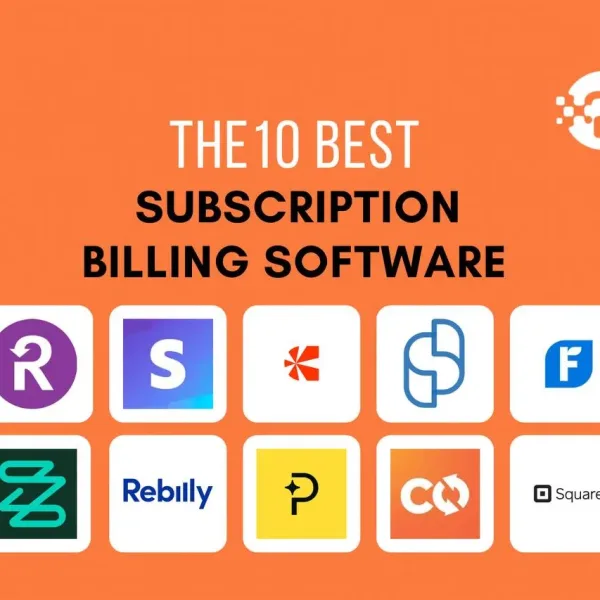Speaking of the perfect auto finance business you could have, here is a guide to a comprehensive business plan that can significantly contribute to the success of your venture.
Let’s dive into the key elements of an effective auto finance business plan, the meaning of auto-financing, and the success u could have through an auto finance business loan.
Meaning of Auto Financing Business
Auto financing refers to the process of obtaining a loan to purchase a vehicle, typically a car, truck, or motorcycle. Instead of paying the full purchase price upfront, individuals can use auto financing to spread the cost of the vehicle over some time.
The most common type of auto financing is through a car loan, where a lender provides the borrower with a specific amount of money to buy a vehicle. In turn, the borrower agrees to repay the loan amount, along with interest, in regular installments over an agreed-upon term.
Here are some key elements of auto financing:
- Down Payment: Many auto financing agreements require a down payment, which is an upfront payment made by the buyer. The down payment is usually a percentage of the vehicle’s total cost and can affect the loan terms.
- Loan Term: The loan term is the duration over which the borrower agrees to repay the loan. Auto loans typically have terms ranging from 24 to 72 months, although longer terms are becoming more common.
- Interest Rate: Lenders charge interest on the loan amount as compensation for providing the funds. The interest rate can vary based on factors such as the borrower’s credit score, the loan term, and the economic environment.
- Monthly Payments: Borrowers make regular monthly payments to repay the loan. These payments include both the principal amount (the original loan amount) and the interest.
- Secured Loan: Auto loans are usually secured loans, meaning that the vehicle itself serves as collateral. If the borrower fails to repay the loan, the lender has the right to repossess the vehicle.
- Credit Score: A borrower’s credit score plays a crucial role in determining the interest rate and loan terms. Higher credit scores often result in lower interest rates and better loan terms.
- Dealership Financing vs. Direct Lending: Auto financing can be obtained through the dealership or direct lending institutions such as banks, credit unions, or online lenders. Dealership financing is convenient, but it’s essential to compare rates and terms with other lenders to ensure the best deal.
The Three Sources of Finance
- Short-term financing – This involves taking out a loan for a purchase, usually with a loan term of less than one year. Examples of short-term financing include “Buy Now, Pay Later,” “Unsecured Personal Loans,” and “Payday Loans.”
- Medium-term financing – In this case, a business may take out a bank loan.
- Long-term financing – Longer-term funding offers the most favorable borrowing terms for businesses.
How to Start an Auto Finance Business
Starting an auto finance business involves several key steps, and it requires careful planning, compliance with regulations, and financial acumen. Now that you have an understanding of what an auto financing business is, let’s look at how to start an auto finance business.
Here’s a general guide on how to start an auto finance business:
Research and Industry Knowledge
Gain a deep understanding of the auto finance industry, including market trends, regulations, and competition. Familiarize yourself with the various types of auto financing, such as direct lending, dealership financing, and subprime lending.
Create a Business Plan
Develop a comprehensive business plan that outlines your business goals, target market, competitive analysis, marketing strategy, financial projections, and operational plan. A well-thought-out business plan will serve as a roadmap for your venture and may be required if you seek financing.
Legal Structure and Registration
Choose a legal structure for your auto finance business, such as a sole proprietorship, partnership, corporation, or limited liability company (LLC). Register your business with the appropriate authorities and obtain any necessary licenses or permits.
Compliance with Regulations
Auto financing is heavily regulated to protect consumers. Familiarize yourself with federal and state regulations governing auto loans and consumer lending. Ensure that your business operations comply with these regulations to avoid legal issues.
Secure Funding
Determine the capital needed to start and operate your auto finance business. This may include funds for lending, technology infrastructure, marketing, and operating expenses. Explore financing options such as personal savings, loans, investors, or partnerships.
Build Relationships with Lenders
If your business model involves partnering with banks or financial institutions to secure funds for lending, establish relationships with these lenders. Negotiate terms and conditions that are favorable for both parties.
Develop Technology Infrastructure
Invest in a robust technology infrastructure for loan processing, customer management, and compliance tracking. This may include software for credit scoring, loan origination, and document management.
Create Underwriting Criteria
Establish clear underwriting criteria to evaluate the creditworthiness of borrowers. Define factors such as credit scores, income levels, and debt-to-income ratios that will influence lending decisions.
Marketing and Branding
Develop an eCommerce marketing strategy to attract borrowers. Create a strong brand presence through online and offline channels. Consider advertising, digital marketing, and partnerships with dealerships to increase your visibility in the market.
Employee Hiring and Training
Hire experienced professionals with knowledge of the auto finance industry and compliance requirements. Provide ongoing training to keep your team informed about changes in regulations and best practices.
Implement Risk Management Strategies
Develop risk management strategies to minimize potential losses. This includes monitoring and addressing delinquencies, default rates, and economic factors that may impact the auto finance industry.
Launch and Monitor Performance
Launch your auto finance business and closely monitor its performance. Analyze key performance indicators (KPIs) such as loan portfolio quality, customer satisfaction, and financial metrics. Make adjustments to your strategies based on performance data.
Customer Service and Relationship Management
Provide excellent customer service and establish strong relationships with borrowers. A positive customer experience can lead to repeat business and referrals.
How Does Auto Financing Work?
Auto financing works by allowing individuals to borrow money to purchase a vehicle and repay the loan over a specified period.
Here’s a step-by-step overview of how auto financing typically works:
Offering Financing Options
Businesses offering auto financing provide customers with various financing options to purchase vehicles. This may include loans, leases, or other financing arrangements. The goal is to make it easier for customers to afford vehicles by spreading out the cost over time.
Credit Evaluation
When a customer applies for auto financing, the business evaluates their creditworthiness. This involves reviewing the customer’s credit history, income, employment status, and other relevant financial information. The credit evaluation helps the business determine the customer’s ability to repay the loan and assess the level of risk involved.
Loan Approval
Based on the credit evaluation, the business decides whether to approve the customer’s loan application. If approved, the business determines the loan terms, including the loan amount, interest rate, down payment requirement, and repayment schedule. These terms may vary depending on factors such as the customer’s credit score, the vehicle’s price, and market conditions.
Closing the Deal
Once the loan terms are finalized and agreed upon by the customer, the business completes the financing arrangement. This may involve signing a loan agreement or lease contract outlining the terms and conditions of the financing arrangement. The customer may also need to provide documentation such as proof of insurance and identification.
Disbursement of Funds
After the financing arrangement is finalized, the business disburses the funds to complete the vehicle purchase. This may involve paying the dealership for a new or used vehicle or transferring funds to the customer to purchase a vehicle from a private seller.
Loan Servicing
Throughout the loan term, the business manages the loan account, including collecting payments from the customer, maintaining records, and providing customer service. This may involve sending monthly statements, processing payments, and addressing any customer inquiries or concerns.
Risk Management
Businesses offering auto financing also engage in risk management to mitigate the potential for loan defaults or losses. This may involve monitoring loan performance, implementing collection strategies for delinquent accounts, and repossessing vehicles in cases of default.
Top 5 Auto Finance Business Examples
Auto finance businesses, also known as car finance companies, offer financial products allowing people to acquire cars through arrangements other than full-cash payments.
Here are the top 5 auto finance businesses:
- Toyota Financial Services
- Ally Financial
- GM Financial
- Chase Auto
- Capital One Auto Finance
Auto Finance Business Loan
Auto finance business loans are an excellent option for companies to finance a new or used vehicle. Also, auto finance business loans let you finance a vehicle for company use and these loans are available through banks, credit unions, and online lenders.
If you are determined to enter into the car loan business, you should know what a car equity loan is. Car equity is a loan where a paid-off vehicle is used as the collateral for a loan.
The value of the car is what you use to calculate the maximum amount the borrowers can get. Auto finance business loans can get you profit owing to the attractiveness brought because there is no requirement borrowers need to comply with.
How to Start a Car Loan Business
- Arrange for a perfect credit line
This is the most important thing you need when starting a car loan business. You should first have your personal budget before deciding to make the loans yourself.
If you have enough starting capital you can partner with different banks between the bank and your business. Make sure you have a good relationship with them on the credit line so that they can give you capital to run your business through its initial stage.
- Obtain business license
Obtaining a license from the country and the state where your business is established is very important to operate as an auto finance lender. Check the regulations put in the price for banking and insurance that you need to operate.
Also, take some time to research to know the documentation you need to pursue before launching business operations.
- Install computer software to operate your business
Installing computers to track different aspects of your business including the payment method and application used.
This can be overwhelming for using automated systems that can group data well with a good software system, tracking of payments and balances, and print out the report of the growth of the business.
- Marketing your car loan business
Marketing your business is a good authority that will help you reach your target audience. You can launch a marketing campaign directly to consumers while targeting a small area and a large segment.
As the business expands, you can move the business to digital marketing and media outlets. You can also talk to leadership to refer potential customers to your auto loan business.
Conclusion
Starting an auto finance business is not as challenging as one might think. One of the challenges people might face is access to capital to operate smoothly.
It is important to ensure your business is licensed and registered both with the local and state authorities. Also, make sure you invest in digital marketing strategies that will help your auto finance business attract the right customers.
















